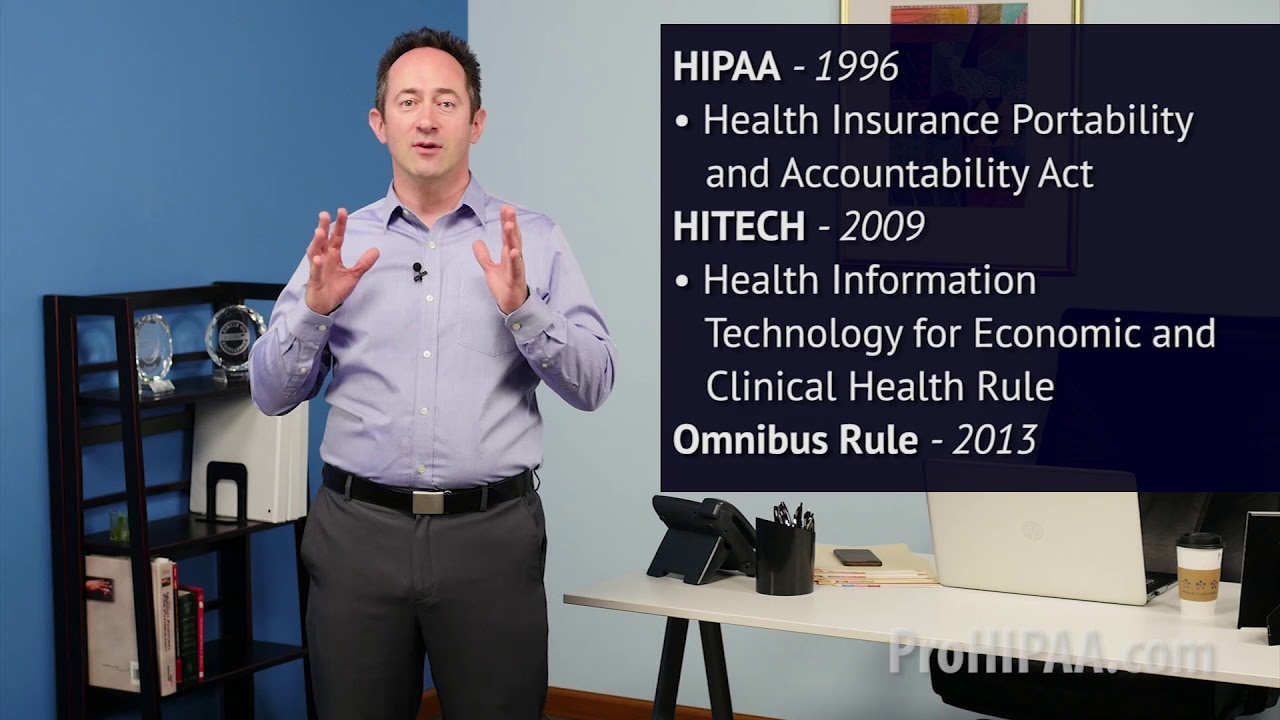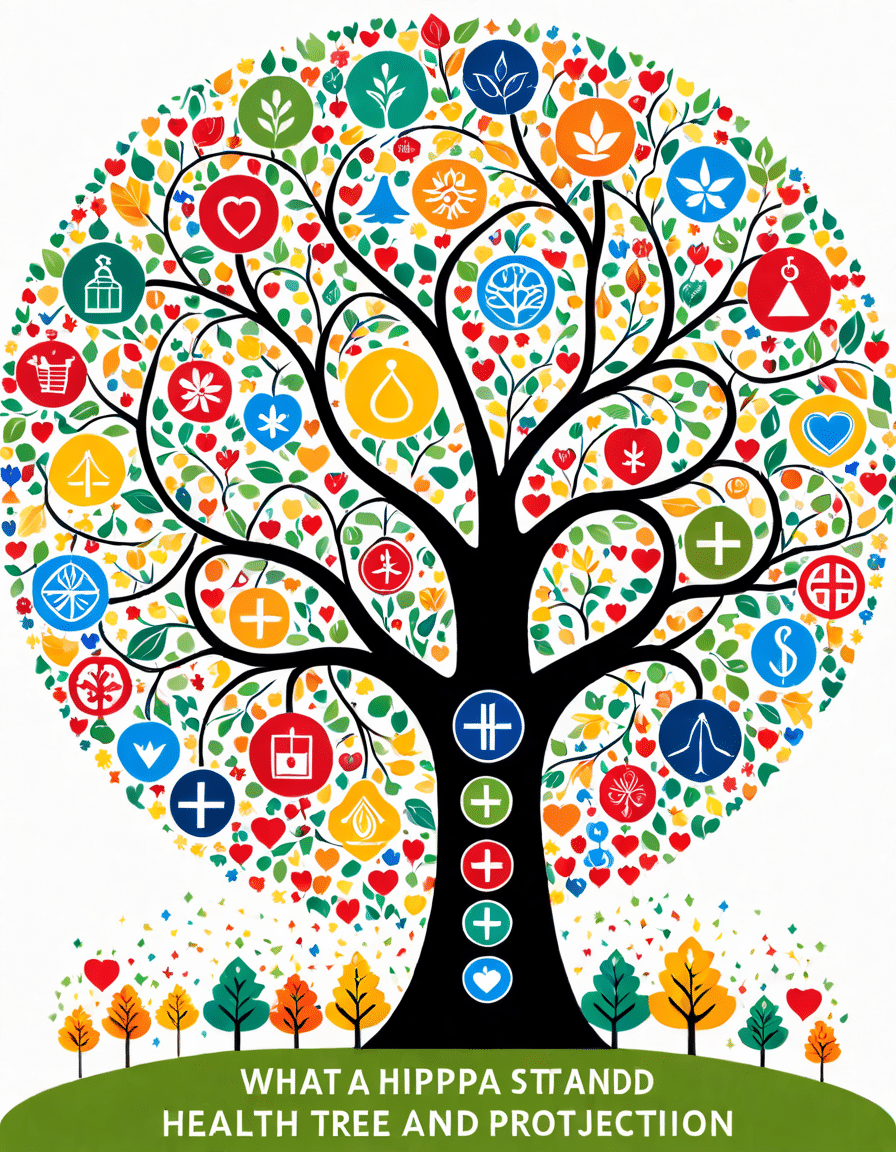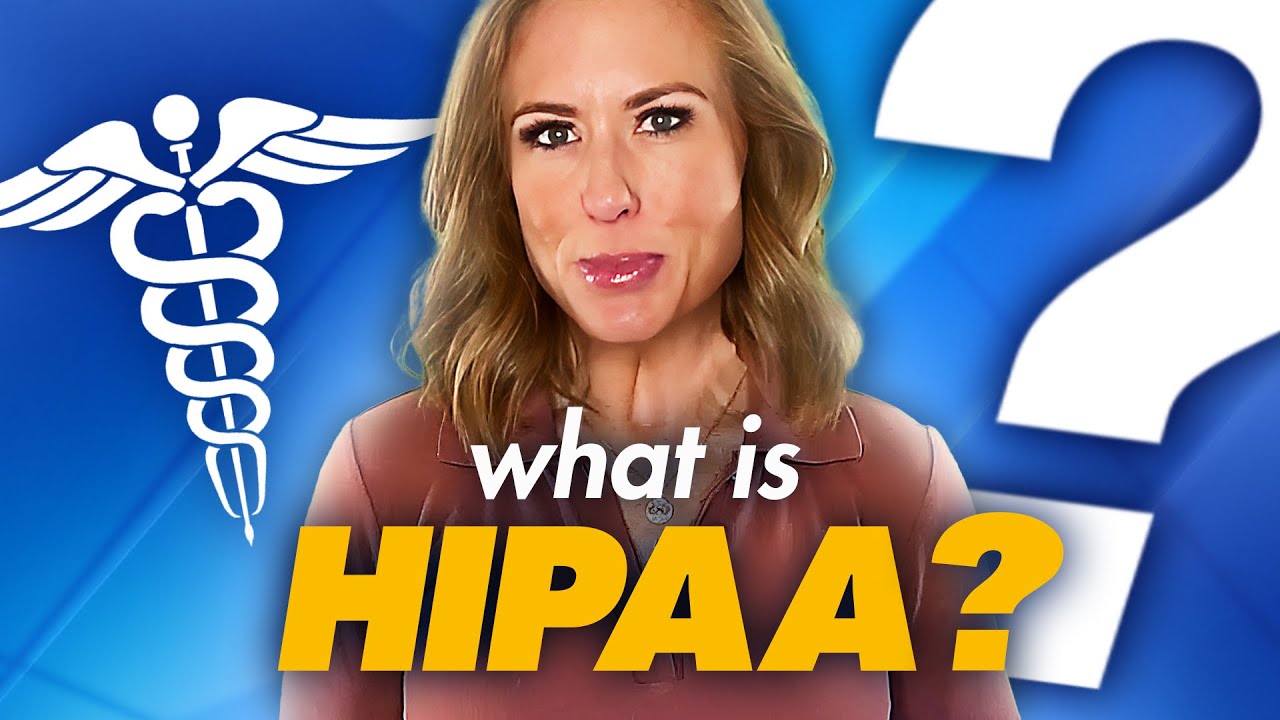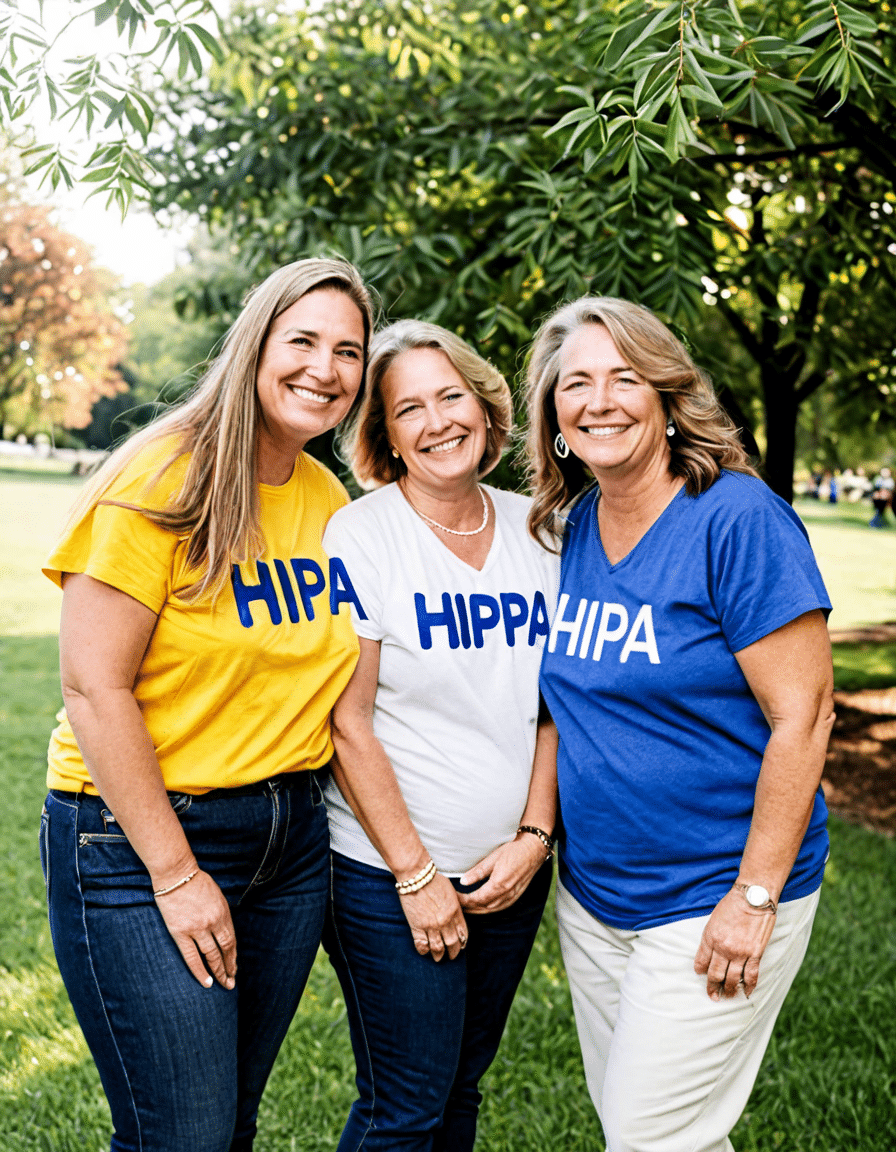Understanding what HIPAA stands for is more vital now than ever. The Health Insurance Portability and Accountability Act, known as HIPAA, was established in 1996 to protect patient health information. In our fast-paced lives, especially for parents navigating the heartbreaking journey of a child struggling with addiction, knowing how this legislation affects healthcare can feel overwhelming. But it’s essential! HIPAA safeguards our loved ones’ health data, providing a protective shield in times of vulnerability.
In a world where addiction continues to impact families, understanding HIPAA not only gives hope but also empowers parents to advocate for their children. With the alarming rise in substance use disorders and mental health issues, knowing how HIPAA works is crucial. Let’s dive into the key elements surrounding this important legislation and how they fit into the bigger picture of healthcare today.

## What Does HIPAA Stand For and Why It Matters Today
At its core, HIPAA’s fundamental purpose is twofold: to improve healthcare portability and to enforce the privacy and security of health information. It’s like a safety net for patients, ensuring that their private records remain confidential. Understanding what HIPAA stands for helps individuals take charge of their healthcare journey and navigate sensitive situations with more confidence.
One of the most critical components of HIPAA is its emphasis on Protected Health Information (PHI). This refers to any data that identifies an individual, whether it’s their health status, treatment plans, or payment details. Knowing what does PHI stand for is vital for parents concerned about their child’s treatment and confidentiality in healthcare settings. When families seek help for addiction, the last thing they need is to worry about their information becoming public.
HIPAA regulations apply to various entities, including healthcare providers and insurance companies. Health systems like the Mayo Clinic and Cleveland Clinic implement rigorous protocols to protect PHI. Regular training for employees ensures everyone understands what HIPAA stands for, keeping patient information secure. Understanding this can empower parents to demand transparency and accountability when seeking help for their loved ones facing addiction.

The Importance of HIPAA in Today’s Healthcare System
1. Protecting Patient Privacy: What Does PHI Stand For?
PHI stands for Protected Health Information and is a cornerstone of HIPAA. It includes any information that relates to an individual’s health condition or treatment. By safeguarding this information, HIPAA plays a critical role in promoting trust between patients and their healthcare providers.
For example, healthcare organizations like the Cleveland Clinic have secured systems in place to prevent unauthorized access to PHI. Regular training sessions and strict protocols equip their employees with the knowledge needed to comply with HIPAA regulations. This wide-ranging compliance ensures that patient data remains confidential, especially crucial when families are searching for help amid addiction crises.
When parents are seeking treatment for their children, they need to know they can share sensitive information without fear of exposure. HIPAA ensures this privacy, allowing families to focus on what truly matters: healing and recovery.
2. Enforcing Data Security Standards: What Does OTP Mean in Healthcare?
In today’s tech-savvy world, ensuring data security is non-negotiable. OTP, or One-Time Password, comes into play here as a critical security mechanism. OTPs are often used in healthcare apps and systems to secure patient data from potential breaches.
Organizations like Epic EHR have implemented OTPs, making it difficult for unauthorized individuals to access patient information. In an era where cyberattacks are rampant, this addition provides peace of mind for families seeking treatment for addiction. Families want to ensure that their child’s sensitive health information remains confidential, and technologies like OTPs play a vital role in making that possible.
Understanding what OTP means in healthcare can help parents advocate for the best security practices when choosing treatment facilities or mobile health applications. When families know their child’s information is protected, they can better focus on recovery and support.
3. Facilitating Seamless Healthcare Operations: What Does SB Mean?
SB stands for Schedule B and relates to billing codes in healthcare. Clear communication through transparent billing is critical for families navigating the intricacies of addiction treatment. Under HIPAA guidelines, healthcare providers must ensure that patients understand the services they receive and the costs associated with them.
Insurance companies like Blue Cross and Blue Shield have adopted advanced technologies to streamline their billing processes. This adherence to HIPAA guidelines gives families assurance that their billing practices are fair and transparent. By being informed about what SB means, parents can effectively question their bills and understand the services provided to their children.
Having a handle on these billing codes can save families from unexpected financial burdens, especially when dealing with the high costs often associated with addiction treatment and mental health services.
4. The Role of the DEA: What Does DEA Stand For?
The Drug Enforcement Administration (DEA) is integral to regulating controlled substances. For parents, understanding what DEA stands for is crucial because it intersects with HIPAA when it comes to preserving patient confidentiality during addiction treatment.
Institutions like the Hazelden Betty Ford Foundation consistently navigate both HIPAA and DEA regulations to protect patient confidentiality while administering crucial treatment. The juxtaposition of protecting sensitive information while adhering to strict regulatory guidelines emphasizes the complexity that families face when looking for help.
By grasping the relationship between HIPAA and DEA regulations, parents can better support their children during treatment, knowing that guidelines are in place to protect their loved ones’ information from being disclosed unnecessarily.
5. Understanding Mental Health Privacy: What Does MH Mean?
MH stands for Mental Health and emphasizes the unique privacy concerns surrounding mental health services. Given the stigma surrounding mental health and addiction, HIPAA regulations grant heightened protections for this sensitive information.
Organizations like NAMI (National Alliance on Mental Illness) advocate for robust protections under HIPAA, ensuring that mental health records receive the necessary respect and confidentiality. For parents, this means that their child’s struggles are kept private, allowing families to seek help without fear of judgment.
Knowledge of what MH means and its implications under HIPAA allows families to feel empowered when navigating mental health challenges. This protection is essential for fostering open communication between patients and healthcare providers during treatment.
6. Ensuring Compliance: What Does SMH Mean in a Healthcare Context?
In the healthcare realm, compliance with HIPAA is vital for building trust with patients. SMH may commonly refer to “Shaking My Head,” often expressing frustration. However, in a healthcare context, it can symbolize the challenges healthcare providers face in meeting HIPAA requirements.
Healthcare providers, such as Kaiser Permanente, frequently grapple with ensuring all staff members are trained in HIPAA compliance. Ongoing education is needed as regulations evolve, emphasizing the critical nature of maintaining patient trust in the process. Although it can be frustrating, knowing what SMH means in healthcare can illuminate the path to better practices and patient relations.
Parents can use this information to seek out facilities committed to ongoing compliance training, which will assure them that their child’s confidentiality and care are prioritized.
7. Navigating Communication: What Does ASL Mean in Texting?
ASL, an abbreviation for “Age, Sex, Location,” is commonly known from texting. But in a healthcare framework, it symbolizes the importance of accurate patient data collection, a critical process governed by HIPAA regulations.
Telehealth platforms like Teladoc exemplify adherence to HIPAA while gathering necessary demographic data from patients before treatment. Patients can rest assured their information is secured, allowing families to connect with healthcare providers comfortably during times of distress.
Grasping what ASL means in this specialized context can help parents confidently navigate their healthcare options, knowing that data is handled securely.

Looking Ahead: What Does Sustained Mean in Court Regarding HIPAA Violations?
The term “sustained” in the courtroom refers to upholding a motion or objection. For healthcare professionals, particularly those involved in handling patient data, understanding this term is crucial during legal proceedings about HIPAA violations.
Breaching HIPAA can result in hefty fines and numerous lawsuits. For parents, this underscores the importance of scrutinizing how healthcare providers safeguard sensitive information. A violation could have a profound impact on the treatment trajectory for their loved ones, thus actively seeking providers with a strong adherence to HIPAA is imperative.
Accepting what sustained means in court helps families appreciate the potential ramifications of HIPAA violations, reinforcing the need for transparency and accountability within the healthcare system.

The Reality of HIPAA: Ongoing Challenges and Adaptations
As 2026 unfolds, the healthcare landscape continues evolving rapidly, prompting renewed focus on the implications of HIPAA. The rise of telemedicine and digital health technologies generates fresh challenges. The fundamental purpose of HIPAA holds strong – to ensure patient protections while addressing the growing complexities of addiction and mental health issues.
Protecting patient data is critical, especially as families navigate the often painful journey of addiction recovery. A solid understanding of HIPAA helps reassure parents that they hold a voice in protecting their child’s health information.
Awareness allows families to champion the privacy and integrity of their loved ones’ health information. By staying informed about what HIPAA stands for, families can stand united against the stigma and challenges that accompany addiction, advocating for a safer and more transparent healthcare environment for all.
At its core, knowing what HIPAA stands for empowers individuals and families. It creates a protective layer in the chaotic world of healthcare, offering clarity and assurance that one’s journey through recovery can proceed without the added burden of privacy concerns. Remember, you’re not alone in this fight. For those feeling overwhelmed, resources like Mothers Against Addiction can provide that extra layer of support and guidance. Don’t hesitate to reach out; together, we can overcome this together.
![What is HIPAA? [HIPAA + Violation Penalties Explained]](https://www.mothersagainstaddiction.org/wp-content/cache/flying-press/4d0c970255f9b9eb78830abc0bea8a9d.jpg)
What Does HIPAA Stand For: Exploring the Basics and Beyond
HIPAA stands for the Health Insurance Portability and Accountability Act, a key piece of legislation that plays a massive role in the healthcare system today. It was originally enacted in 1996 to help maintain the confidentiality and security of healthcare information. That’s pretty important, considering how many questions arise around confidentiality! For instance, if you’re curious about What Does SS mean, it often relates to Social Security numbers, which also tie into personal data privacy.
The Significance of HIPAA Compliance
Why does HIPAA matter in the modern age? Well, look around! With technology booming and patient data increasingly digitized, knowing “what does HIPAA stand for” becomes even more vital. It sets standards that protect sensitive patient information from being accessed or disclosed without consent. Speaking of sensitive subjects, ever wondered What Does OD mean? In the realm of substance use, it’s critical to keep that type of information confidential, especially for families navigating addiction.
Fun fact: HIPAA not only covers medical records but also how hospitals and doctors can communicate with one another. It helps ensure that your health data stays under wraps—just like knowing What country Has The lowest crime rate speaks to safety and security! However, with the rise of telehealth, maintaining HIPAA compliance during online consultations has become a hot topic. It’s like trying to figure out the “average fixed-rate mortgage” and other financial matters while wanting privacy—tricky, right?
Protecting Yourself and Others
In a world where privacy seems to be diminishing by the day, HIPAA stands as a sturdy shield. Understanding what does HIPAA stand for is essential for anyone, especially parents with children grappling with addiction and potentially seeking treatment. Just like knowing how to interpret boy pee or recognizing signs of anxiety can aid in family discussions, being educated about HIPAA can help families protect their loved ones.
So, whether you’re checking in on the latest movie like Guardians Of The Galaxy 4 or feeling a bit of right side pain That Comes And Goes, it all circles back to the importance of privacy in healthcare. Understanding these facts sets a solid foundation for discussing health matters, highlighting why “what does HIPAA stand for” is a phrase worth remembering!





























